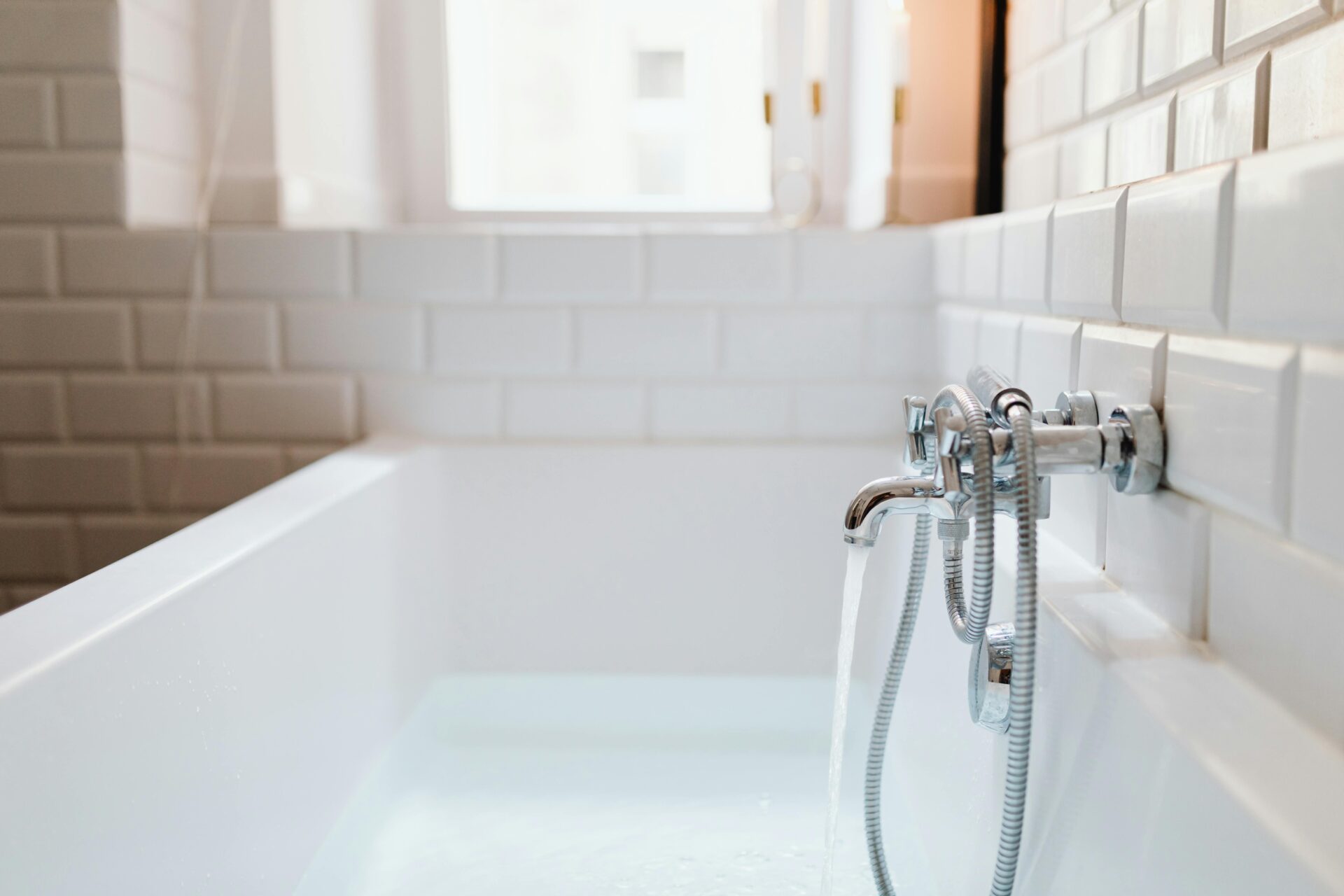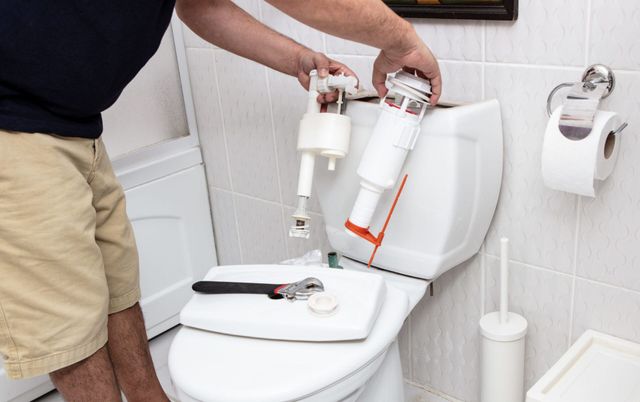How to Manage Your Bathroom Plumbing: Essential Tips for New Homeowners
How to Manage Your Bathroom Plumbing: Essential Tips for New Homeowners
Blog Article
In this article below you will find a good deal of high-quality insights about Plumbing Tips for New Homeowners.

For new property owners, understanding and preserving restroom pipes can conserve both time and money by preventing pricey problems down the line. Below are some necessary shower room plumbing tips to aid you keep everything running efficiently.
Prepare for Winter
Safeguard your pipes from freezing throughout cold weather by protecting pipes in unheated locations like basements, attic rooms, and garages. During extreme cold, allow cold water drip from faucets offered by subjected pipelines to help protect against freezing.
Set Up Routine Upkeep
Think about organizing annual evaluations with a qualified plumbing technician. They can spot problems that you could miss, such as surprise leaks or wear and tear on pipelines and fixtures. Routine upkeep helps prolong the life of your pipes system and can avoid emergency situations.
Familiarize Yourself with the Main Shut-Off Shutoff
Knowing where the primary water shut-off shutoff is located in your house is essential. This enables you to promptly turn off the water system in case of major leaks or throughout plumbing emergencies, stopping considerable water damage.
Frequently Evaluate for Leaks
Little leakages can bring about big issues. Consistently check under sinks, around toilets, and near plumbing components for any kind of signs of leaks. Search for moisture, tiny drips, or corrosion. Catching and repairing leaks early can stop a lot more significant damages and conserve water.
Maintain Your Water Heater
Ensure your hot water heater is readied to a proper temperature level (commonly about 120 levels Fahrenheit) to avoid scalding and minimize energy usage. Flush the tank yearly to get rid of sediment build-up, which can minimize the efficiency and life expectancy of your heating unit.
Update Your Components
If your home has older fixtures, think about upgrading to much more effective designs. Modern bathrooms, showerheads, and taps are developed to make use of much less water while offering excellent pressure, which can substantially decrease your water costs and environmental impact.
Be Cautious with Do It Yourself Plumbing Fixes
While it's appealing to deal with all home repairs on your own, beware with pipes. Some concerns could need expert know-how, particularly if they include main water lines or sewer fixings. Working with a professional can sometimes be more affordable than DIY, specifically if it stops further damage.
Do Not Overlook Slow Drains
If your sink or tub is draining slowly, it's typically an indication of a clog creating. Addressing this very early can avoid a total obstruction. Utilize a bettor or a plumbing professional's snake to clean out debris. Stay clear of utilizing chemical drainpipe cleaners as they can harm your pipes with time.
Know What Not to Flush
Bathrooms are not waste disposal unit. Prevent purging anything apart from toilet tissue and human waste. Items like wipes, feminine health products, and cotton bud ought to be gotten rid of in the garbage to avoid obstructions and drain back-ups.
Install Strainers in Drains
Area filters in your sink and bath tub drains to catch hair and various other debris prior to they enter your plumbing system. Cleansing the strainers routinely will aid avoid build-up and maintain water streaming easily.
Conclusion
Understanding and preserving your home's bathroom pipes can prevent numerous usual concerns. By adhering to these vital tips, you can ensure your washroom remains useful and effective, saving you time and money over time.
Essential Plumbing Tips for Homeowners: Keep Your Pipes Flowing Smoothly
As a homeowner, understanding the basics of your plumbing system can save you time, money, and a lot of headaches. Plumbing issues can range from minor annoyances like dripping faucets to major problems like burst pipes that cause significant damage. This guide provides essential tips to help you maintain your plumbing system and tackle common issues.
Understanding Your Plumbing System
Supply System: Brings fresh water into your home from a municipal source or a well. Drain-Waste-Vent System: Removes wastewater and vents sewer gases outside. Fixtures and Appliances: Includes sinks, toilets, showers, dishwashers, and washing machines. Basic Maintenance Tips
Regular Inspections: Periodically check for leaks, corrosion, and other signs of wear and tear. Look under sinks, around toilets, and near water heaters. Know Your Main Shut-Off Valve: In case of a major leak, you’ll need to shut off the water quickly. Ensure everyone in your household knows where the main shut-off valve is located. Prevent Frozen Pipes: In cold climates, insulate exposed pipes and let faucets drip during extreme cold to prevent freezing. Use Strainers: Install strainers in sinks and tubs to catch hair, food particles, and other debris that can cause clogs. Common Plumbing Issues and Solutions
Clogged Drains:
Prevention: Avoid pouring grease down the drain and use drain screens to catch debris. DIY Fix: Use a plunger or a plumbing snake to clear minor clogs. For stubborn clogs, a mixture of baking soda and vinegar can sometimes help. Leaky Faucets:
Prevention: Replace washers and seals regularly. DIY Fix: Turn off the water supply, disassemble the faucet, and replace worn parts.

Website Report this page